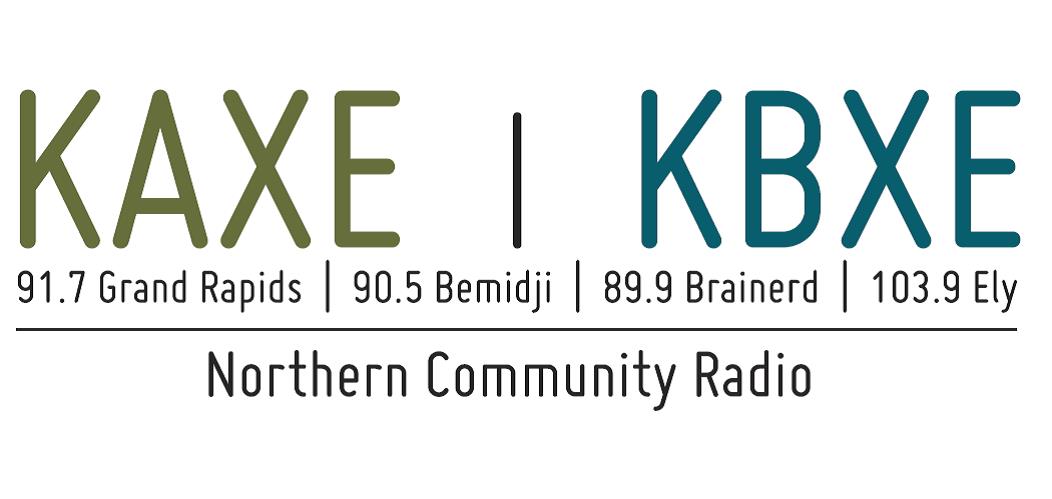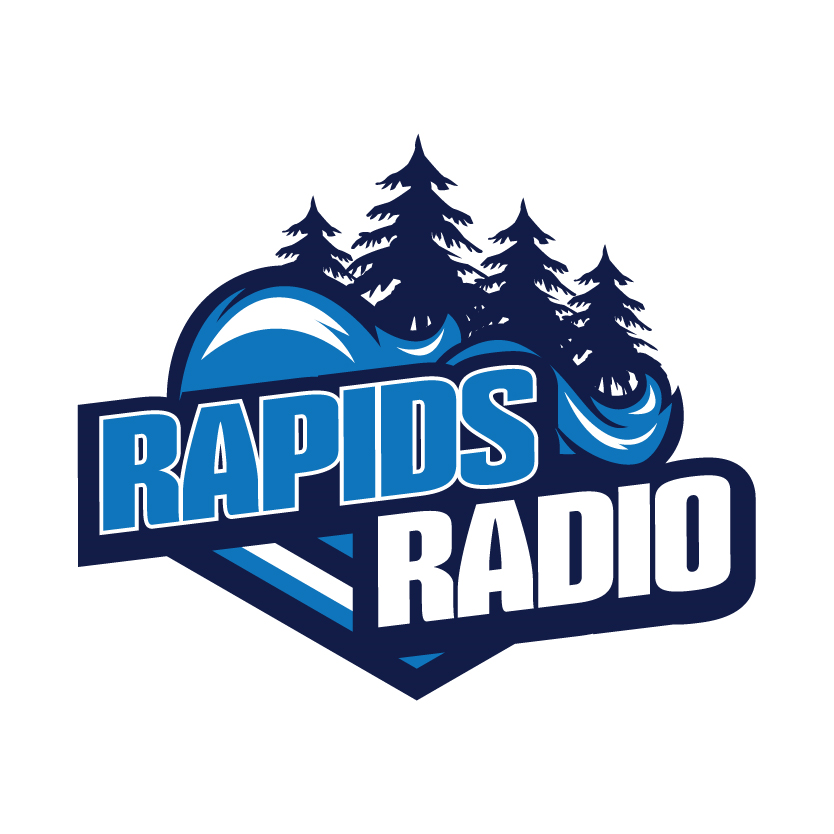
Protect Your Shoreline With An Itasca Waters Shoreland Advisor
Learn MorePractical Water Wisdom: A Virtual Learning Series.png)
1st Thursdays 12:00-1:00pm
April – November 2022
Have you ever wondered about the quality of your drinking water or the quality of the lakes you love to swim in, fish in, or boat on? If so, then this series is for you?
Join our monthly lunch series to learn from experts in their fields. These online sessions will be held at noon, the first Thursday of each month, April through November. Presenters will identify and explain the science behind some of our Minnesota water issues. They will also share strategies and practical actions that you can use to maintain and protect the water quality we all value. Each session will also include an interactive question and answer segment.
It’s simple and easy to register:
- Choose the session that you are interested in and click on “Register Here”
- You will need to register separately for each session. You can choose all sessions today or come back later to choose additional sessions.
- You will receive a confirmation email immediately, with a choice to add it to your calendar, as well as reminders prior to the event.
- Please invite your friends!
2022 PROGRAM
April 7, 2022: Clear Information on Murky Lakes: How to Keep Them Minnesota Nice - See Video Presentation
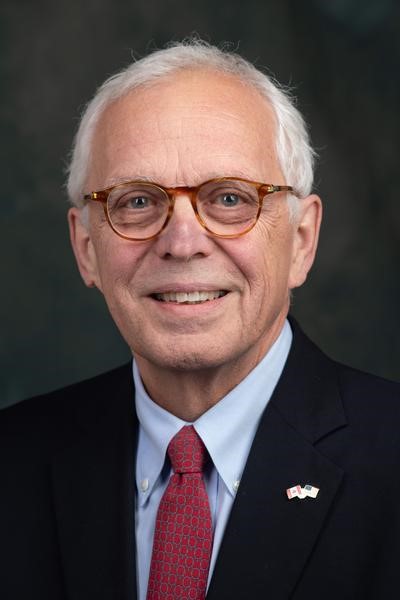 Presented by: Dr. John Downing, is the Director of the Sea Grant College Program, a research scientist at the Large Lakes Observatory on Lake Superior, and a professor in the Department of Biology at the University of Minnesota, Duluth. He holds a B.S. in Biology from Hamline University, an M.S. in Zoology from North Dakota State University, and a Ph.D. in Biology from McGill University. John was previously Regent's Excellence Professor of Ecology, Evolution, and Organismal Biology and Chair of the Environmental Science Graduate Program at Iowa State University. He was also formerly a professor at McGill University and the Université de Montréal where he was Director of the Laurentian Biological Station. John is the former President of the Association for the Sciences of Limnology and Oceanography. His areas of expertise range from aquatic ecology and fisheries biology to whole ecosystem management, resource economics, and global carbon cycling. He has received several international awards for scientific research on lakes. His family has lived on Wabana Lake since 1904. His life-long interest in lakes was born in Itasca County.
Presented by: Dr. John Downing, is the Director of the Sea Grant College Program, a research scientist at the Large Lakes Observatory on Lake Superior, and a professor in the Department of Biology at the University of Minnesota, Duluth. He holds a B.S. in Biology from Hamline University, an M.S. in Zoology from North Dakota State University, and a Ph.D. in Biology from McGill University. John was previously Regent's Excellence Professor of Ecology, Evolution, and Organismal Biology and Chair of the Environmental Science Graduate Program at Iowa State University. He was also formerly a professor at McGill University and the Université de Montréal where he was Director of the Laurentian Biological Station. John is the former President of the Association for the Sciences of Limnology and Oceanography. His areas of expertise range from aquatic ecology and fisheries biology to whole ecosystem management, resource economics, and global carbon cycling. He has received several international awards for scientific research on lakes. His family has lived on Wabana Lake since 1904. His life-long interest in lakes was born in Itasca County.
Topic Description: Minnesota lakes are well known for being clear and healthy. As we enjoy them, there is a danger of loving them to death, and everyone can help keep our water quality "Minnesota Nice". Unfortunately, lakes in Northcentral Minnesota are decreasing in water clarity faster than those in other regions of the state. This talk gives the reasons for these changes and practical advice on how to keep from damaging our region's valuable lakes and streams.
May 5, 2022: From the Lab to the Lake: Minnesota’s Fight Against Aquatic Invasive Species - See Video Presentation
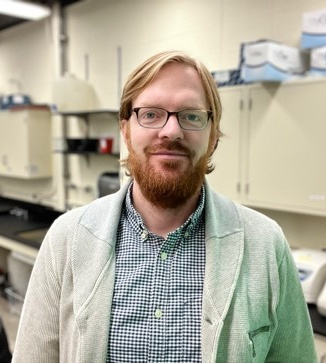 Presented by: Dr. Nick Phelps is the Director of the Minnesota Aquatic Invasive Species Research Center and an Associate Professor in the Fisheries, Wildlife and Conservation Biology Department at the University of Minnesota. He studies emerging threats to aquatic systems at the macro and microbial scales in the fields of fish health and aquatic invasive species. He has earned degrees in aquatic biology from Bemidji State University, Fisheries and Aquaculture from the University of Arkansas-Pine Bluff, and Veterinary Medicine from the University of Minnesota.
Presented by: Dr. Nick Phelps is the Director of the Minnesota Aquatic Invasive Species Research Center and an Associate Professor in the Fisheries, Wildlife and Conservation Biology Department at the University of Minnesota. He studies emerging threats to aquatic systems at the macro and microbial scales in the fields of fish health and aquatic invasive species. He has earned degrees in aquatic biology from Bemidji State University, Fisheries and Aquaculture from the University of Arkansas-Pine Bluff, and Veterinary Medicine from the University of Minnesota.
Topic Description: Aquatic invasive species (AIS) are a real and growing problem in Minnesota, impacting the environment, economy, and our way of life. However, there are many uninvaded waters to protect and opportunities for innovation to control established AIS populations. In response, the Minnesota Aquatic Invasive Species Research Center (MAISRC) was created in 2012 at the University of Minnesota to develop research-based solutions to our AIS problems. MAISRC is making progress on numerous fronts to better prevent, control and manage species such as zebra mussels, spiny water flea, Eurasian milfoil, starry stonewort, and many more. The presentation will highlight AIS of greatest concern to Itasca County and research advancements to mitigate their impacts.
June 2, 2022: Septic Secrets: Protecting Our Waters with Good Systems - See Video Presentation
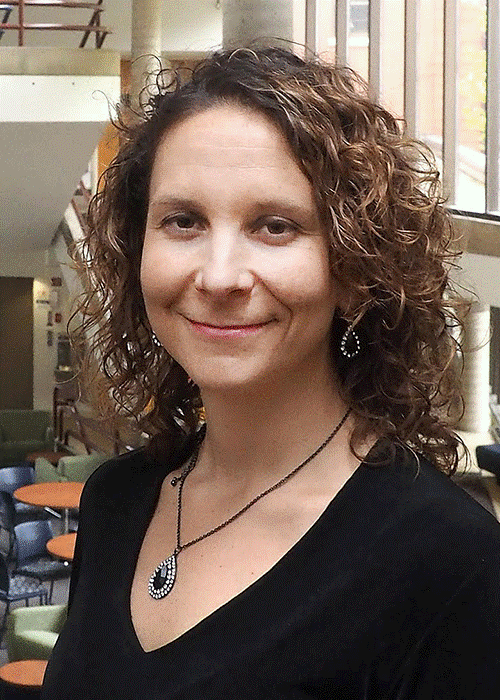 Presented by: Dr. Heger is a researcher and instructor in the Onsite Sewage Treatment Program in the Water Resources Center at the University of Minnesota. Since 1999, she has been providing education and technical assistance to homeowners, small communities, onsite professionals, and local units of government regarding onsite wastewater treatment. Sara coordinates the research program at the UMN and is currently serving as the principal investigator on projects evaluation wastewater treatment and rest areas and developing training related to the land application of industrial wastewater. Heger is on the faculty of the Water Resources Science program, teaching Sustainable Waste Management Engineering. She presents at many local and national training events regarding the design, installation, and management of septic systems and related research. Sara is the president of the National Onsite Wastewater Recycling Association (NOWRA). Sara serves on the NSF International Committee on Wastewater Treatment Systems. She is also the chair of the Minnesota State Advisory Committee on Decentralized Systems.
Presented by: Dr. Heger is a researcher and instructor in the Onsite Sewage Treatment Program in the Water Resources Center at the University of Minnesota. Since 1999, she has been providing education and technical assistance to homeowners, small communities, onsite professionals, and local units of government regarding onsite wastewater treatment. Sara coordinates the research program at the UMN and is currently serving as the principal investigator on projects evaluation wastewater treatment and rest areas and developing training related to the land application of industrial wastewater. Heger is on the faculty of the Water Resources Science program, teaching Sustainable Waste Management Engineering. She presents at many local and national training events regarding the design, installation, and management of septic systems and related research. Sara is the president of the National Onsite Wastewater Recycling Association (NOWRA). Sara serves on the NSF International Committee on Wastewater Treatment Systems. She is also the chair of the Minnesota State Advisory Committee on Decentralized Systems.
Topic Description: The goal for Septic Secrets is to provide property owners information about how septic systems work, including how to care for and maintain a septic system so it can function properly. Septic systems are designed to last 20-30 years, but can last more or less depending on use, care, and maintenance.
June 13 & 14 9:00 am -12:00 pm: Aquatic Invasive Species (AIS) Online Detector Training
(for persons with a substantial interest in Itasca County waters—must be over the age of 18)
FREE Online Course ($150 Value) – Become an AIS Detector
Presented by: University of Minnesota Extension and the Minnesota Aquatic Invasive Species Research Center (MAISRC)
Phase 1: Beginning April 8 you may register to complete 8-10 hours of online, self-paced study. This must be completed before you attend Phase 2.
Phase 2: Attend the two 3-hour online workshops on June 13 and 14 from 9:00 AM to Noon.
Course Description: An introduction to aquatic invasive species (AIS) science, identification, and surveillance. You will learn how to report invasive species, about best practices for preventing the spread of AIS, relevant rules and regulations, and how to search for AIS on your own.
You must complete both Phase 1 and 2 to receive credit for the course and become certified as an AIS Detector. Register Here
July 7, 2022: Blue-green Algae: What Causes It and Why You Should Care - See Video Presentation
 Presented by: Dr. Chris Filstrup, Applied Limnologist, Natural Resources and Research Institute, Duluth, Minnesota.Chris is a lake and stream scientist specializing in harmful algal bloom ecology, nutrient cycling in lakes, watershed nutrient reduction strategies, and freshwater resources management. His research interests take him from small farm ponds to Lake Superior. He also specializes in working with large datasets to investigate how climate and land use interactions affect water quality in lakes across the continental US.
Presented by: Dr. Chris Filstrup, Applied Limnologist, Natural Resources and Research Institute, Duluth, Minnesota.Chris is a lake and stream scientist specializing in harmful algal bloom ecology, nutrient cycling in lakes, watershed nutrient reduction strategies, and freshwater resources management. His research interests take him from small farm ponds to Lake Superior. He also specializes in working with large datasets to investigate how climate and land use interactions affect water quality in lakes across the continental US.
Chris also directs the Central Analytical Lab, a state-certified water chemistry laboratory. Members of his team specialize in lake and stream monitoring and assessment, high resolution monitoring instruments, and analytical chemistry.
Chris has a Postdoctoral from Iowa State University, a Ph.D. in Biology from Baylor University, and a B.S. in Biology from the University of Texas at Austin.
Topic Description: Blue-green algae, also known as cyanobacteria, present a unique water quality challenge because they can rapidly form dense surface scums, or blooms, and produce potent toxins that can make people sick and kill pets and wildlife. In Minnesota, toxic cyanobacteria blooms are the suspected culprit of numerous dog deaths every year. Worldwide, cyanobacteria blooms are anticipated to become more prevalent, more frequent, and more severe under future climate and land use scenarios, and Minnesota lakes are not an exception to this prediction.
While cyanobacteria blooms commonly occur in nutrient-rich lakes in southern Minnesota, colleagues and I trying to better understand climatic and environmental factors that are contributing to the expansion of blooms in northern Minnesota lakes. In this talk, I will discuss cyanobacteria blooms and implications for lake and public health, environmental factors that contribute to cyanobacteria blooms including research from Minnesota lakes, and ways that you can contribute towards preventing cyanobacteria blooms in your favorite lake.
August 4, 2022: Understanding Minnesota’s Changing Climate - See Video Presentation
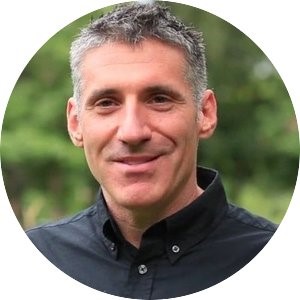 Presented by: Dr. Kenneth (“Kenny”) Blumenfeld is a climate scientist who grew up in Minnesota with a love for storms, blizzards, and being outside. He works for the Minnesota State Climatology Office (Department of Natural Resources), where he provides the state’s agencies, communities, and citizens with up-to-date scientific information about Minnesota’s changing and variable climate. Kenny enjoys talking to Minnesotans about their weather, and often does it long after the workday is done.
Presented by: Dr. Kenneth (“Kenny”) Blumenfeld is a climate scientist who grew up in Minnesota with a love for storms, blizzards, and being outside. He works for the Minnesota State Climatology Office (Department of Natural Resources), where he provides the state’s agencies, communities, and citizens with up-to-date scientific information about Minnesota’s changing and variable climate. Kenny enjoys talking to Minnesotans about their weather, and often does it long after the workday is done.
Topic Description: Minnesota’s climate is famous for its ups, downs, and extremes, but is also experiencing changes unlike anything we have observed previously. This presentation breaks down observed trends in Minnesota’s climate to its essential points, particularly emphasizing the ongoing changes in the quantity, timing, and intensity of precipitation, the rapid rate of winter warming, and how these changes have affected water features in Minnesota. We will also peer into the future to see what lies ahead, according to the best available science.
September 1, 2022: PFAS in Minnesota: Understanding the Impacts of Forever Chemicals - See Video Presentation
Presented by: Sophie Greene is the PFAS Coordinator at the Minnesota Pollution Control Agency. She began this role in 2020 and has previously worked on human health risk assessment at the Environmental Protection Agency in Washington DC. Sophie has a Master of Science degree in geology from the University of Vermont and an undergraduate degree in chemistry from Carleton College.
Topic Description: She will share an update on what we know and don’t know about PFAS and its impacts on our state. PFAS (or per- and poly-fluoroalkyl substances) are a group of nearly indestructible chemicals that linger indefinitely once they make their way into the environment.
October 6, 2022: Land Use and Forestry Impacts on Water - See Video Presentation
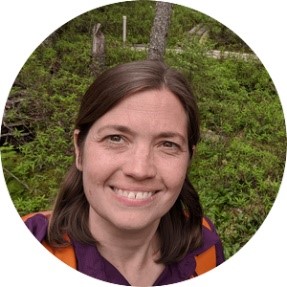 Presented by: Dr. Karwan is Associate Professor, Uof M Dept. of Forest Resources and an Adjunct Assistant Professor in the Department of Soil, Water, and Climate and an Associate in the Institute on the Environment. She received her Ph.D. from Yale University, School of Forestry and Environmental Studies.
Presented by: Dr. Karwan is Associate Professor, Uof M Dept. of Forest Resources and an Adjunct Assistant Professor in the Department of Soil, Water, and Climate and an Associate in the Institute on the Environment. She received her Ph.D. from Yale University, School of Forestry and Environmental Studies.
Topic Description:Dr. Karwan’s research and teaching focus on hydrology and watershed physical and chemical processes. More specifically, she investigates how variations in climate, landscapes, and land use drive physical, chemical, and ecological transport processes in watersheds, with emphasis on the movement of fine suspended sediments, associated contaminants, and particulate organic material. Her approach strongly relies on field sampling and field-scale experiments, laboratory analyses, and numerical and statistical models. To this end, she employs a series of hydrologic, geochemical, and statistical tools to track watershed processes.
November 3, 2022: Chloride Effects on Our Water Resources and Ecosystem: What We Can Do About It - View Video Presentation
 Presented by: Alycia Overbo, PhD Candidate, UofM Water Resources Science, and Strategic Initiatives and Communications Planner for Minnesota Department of Health
Presented by: Alycia Overbo, PhD Candidate, UofM Water Resources Science, and Strategic Initiatives and Communications Planner for Minnesota Department of Health
Alycia Overbo is a PhD Candidate in the Water Resources Sciences program at University of Minnesota. Her research focuses on sources of chloride pollution to the environment and potential solutions for Minnesota communities. Alycia works at Minnesota Department of Health as a Strategic Initiatives and Communications Planner. In this role, she supports special monitoring projects, policy initiatives, communications, and outreach activities for the state drinking water protection program.
She holds a Master of Science in Public Health from University of North Carolina at Chapel Hill and is a former Peace Corps volunteer. Her professional and research interests range from chloride pollution in Minnesota waters to equity and public health impacts of safe drinking water and sanitation access.
Topic Description: Salt is a common substance with many uses and applications, but our salt use can have unintended environmental consequences through chloride pollution. This presentation will review how chloride from water softening salt, road salt, and other sources affects our water resources and ecosystems, and highlight practices that communities and individuals can take to reduce the amount of chloride reaching our waterways.
Practical Water Wisdom Series Planning Committee
Shirley Loegering, Committee Chair, Itasca Waters Director
Sandy Anderson, Itasca Waters Director
Kathy Cone, Itasca Waters Director
Dr. John Downing, Itasca Waters Director
Bill Grantges, Itasca Waters Director
Jan Sandberg, Itasca Waters Director
Stephanie Kessler, Itasca Waters Advisory Board and ICOLA President
Brian Whittemore, Itasca Waters Volunteer and former Itasca Waters Director
Johnnie Fulton, Itasca Waters Volunteer
Chad Maniekee, Itasca Waters Volunteer and MN Sea Grant Staff
Bethann Perendy, Itasca Waters Coordinator
Brenda Piekarski, Twelve Plus Media, Consultant
This series is presented by Itasca Waters with the support of Grand Rapids Area Community Foundation, Blandin Foundation, Minnesota Sea Grant, Itasca Soil and Water Conservation District, Itasca Coalition of Lake Associations, KAXE/KBXE and Rapids Radio.
![]()
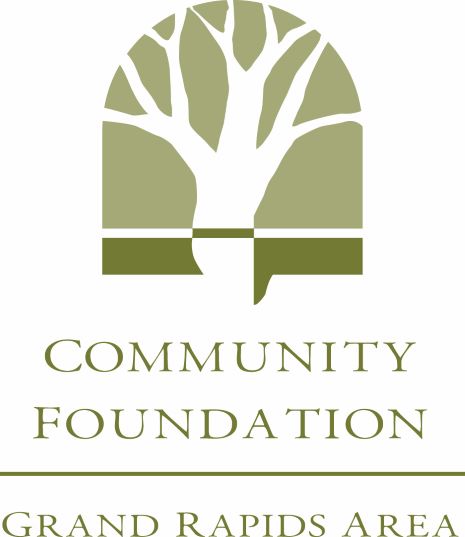
![]()
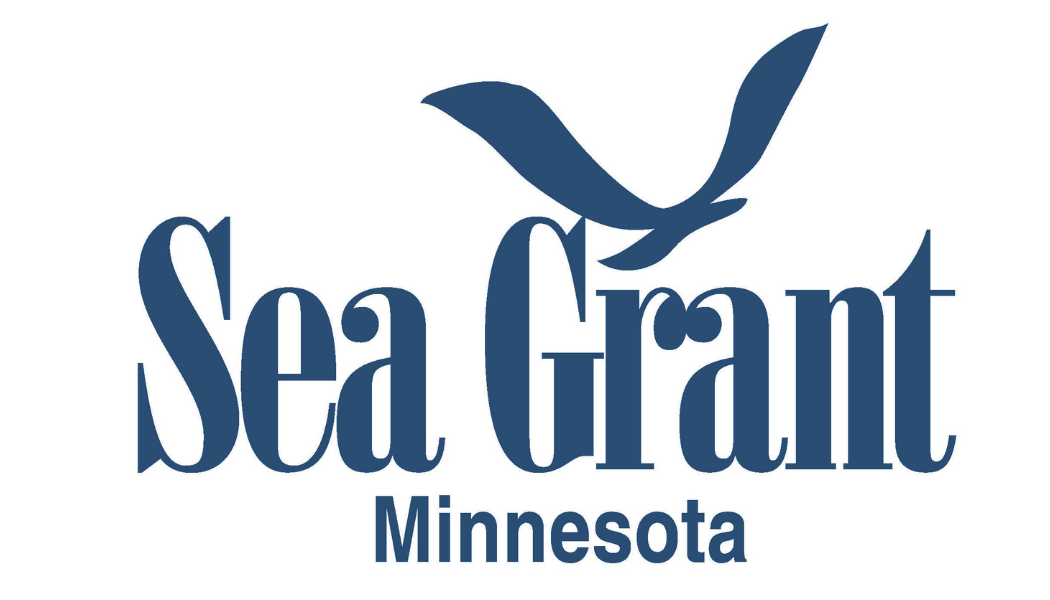
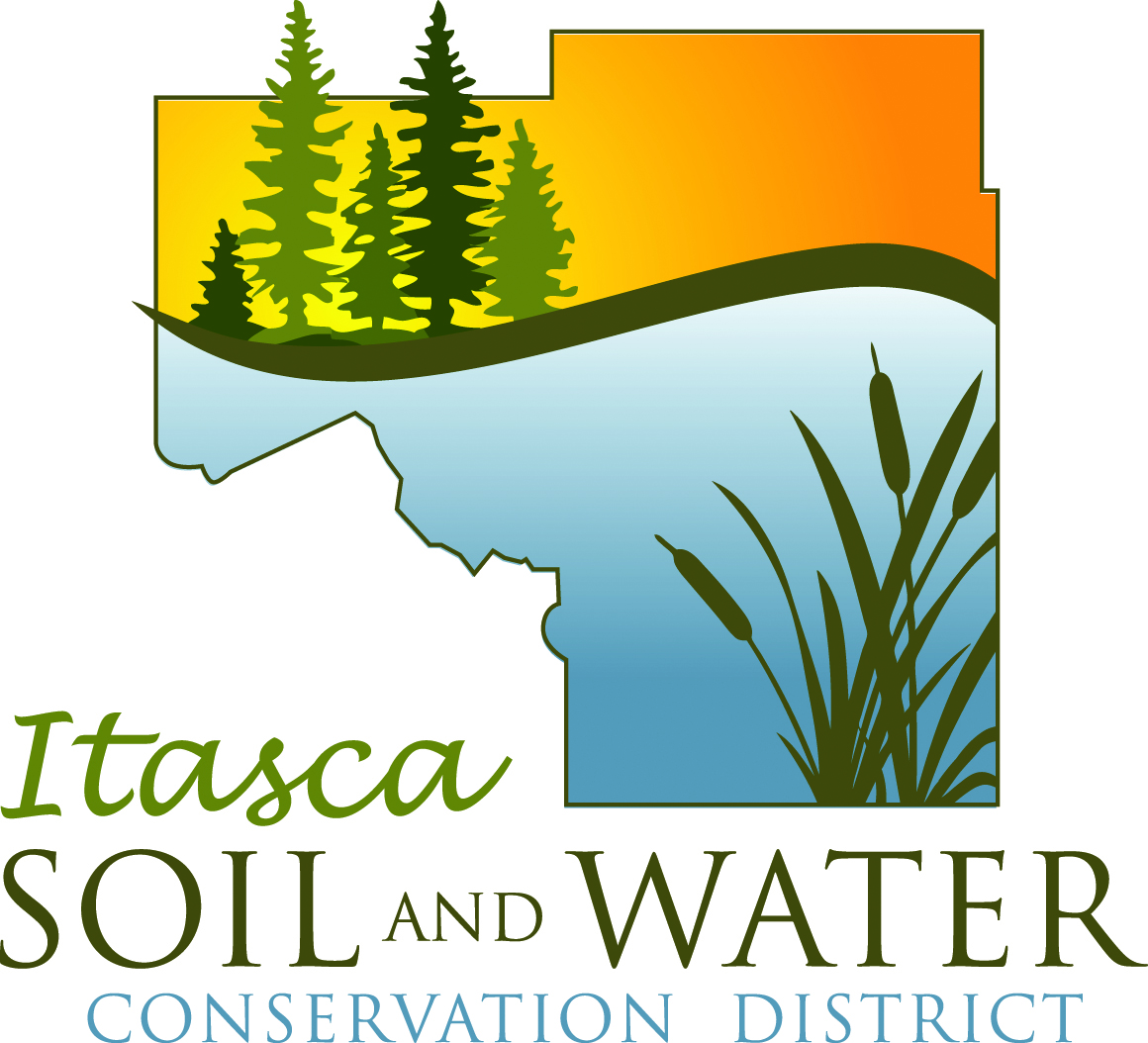
%20(Custom)%20(1).png)
